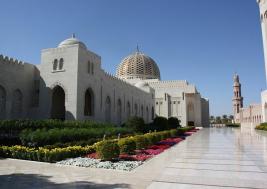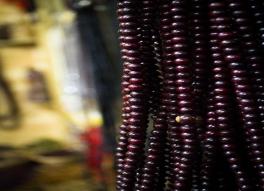Seven university and college presidents from the United States are currently in Oman as participants in the Fulbright-Hays Seminars Abroad program. The program emphasizes higher education in Arab nations and the US.
Fulbright-Hays gives grants to students from Oman who which to undertake research or other academic goals in the United States. The group of university presidents now in Oman wishes to encourage exchanges between student and faculty, promote research, and support connections between educational institutions in Oman and the US.
US Outreach to Arab World
The goals of the delegation were announced at a press conference which was organized by the US embassy in Oman. The press conference was held at the Intercontinental Hotel in Oman’s capital, Muscat. In addition the academicians announced to the media that the current visit is an element in the US government’s desire to reach out to the Arab world.
The program of visiting university presidents was funded by the US Department of Education, and administered by AMIDEAST. The goals of the program, also known as “Higher Education in Transition,” hopes to give the participants a chance to learn about best practices, as well as share experiences with their colleagues in Oman. They also hope to develop future programming in the region in conjunction with campuses in the US.
Prosperous Nation Needs Higher Education
The US Ambassador to Oman, Dr. Richard J. Schmierer described the goals of the Fulbright-Hays Seminar Abroad group at the press conference, saying,
“The embassy is pleased to support efforts to foster linkages between institutions of higher education in the US and Oman and promote the ongoing development of educational exchange and training opportunities for the US and Omani students, faculty and staff.”
Dr. Schmierer added that if a nation wishes to secure an affluent future for its citizens, higher education of the highest quality must be promoted. We are gratified to see our growing partnership with Oman in this field and we thank the members of the Fulbright-Hays delegation and AMIDEAST for their interest, time and efforts in helping to build this key relationship.”





